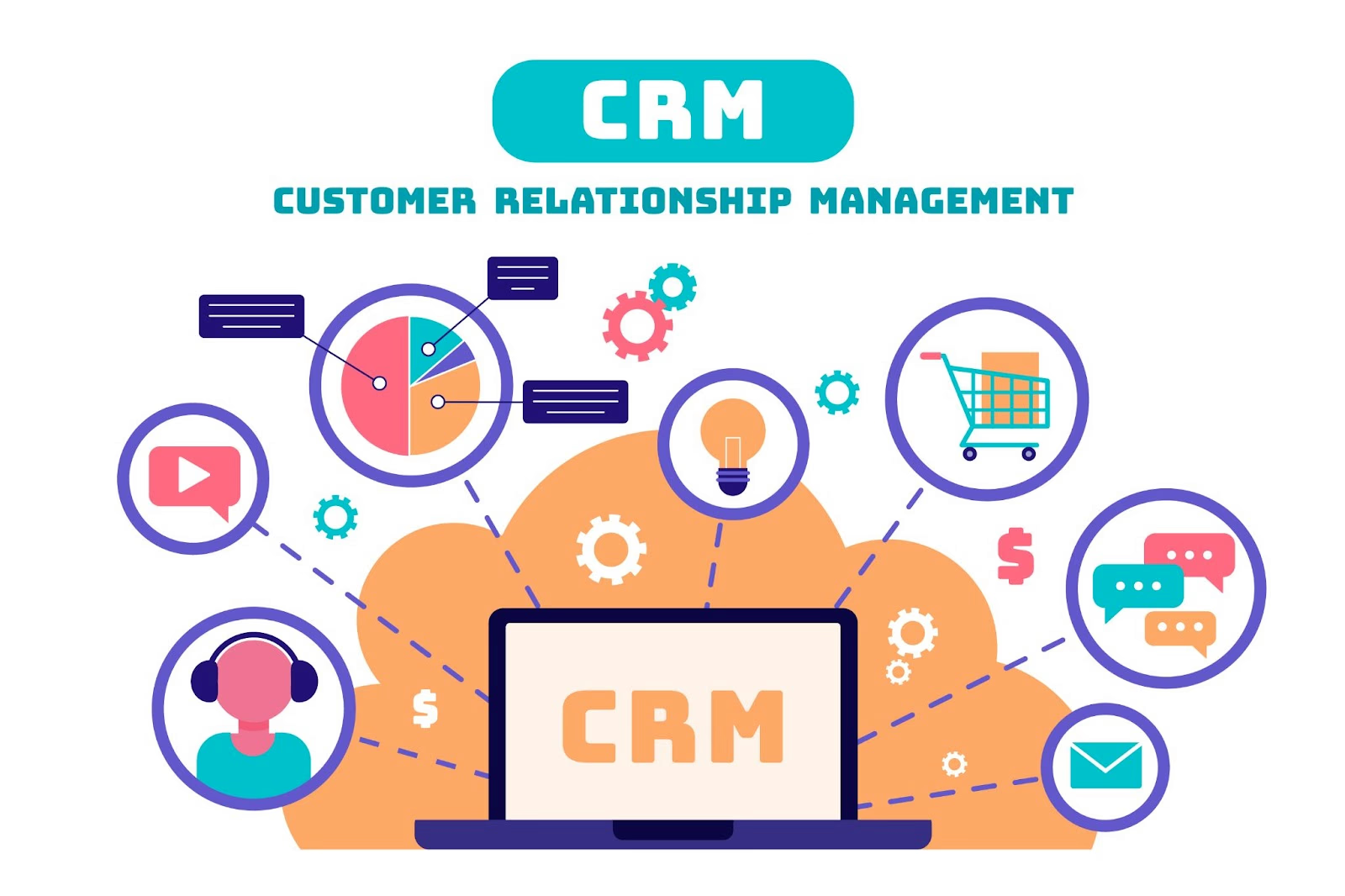In today’s highly competitive market, managing customer relationships has become a top priority for businesses of all sizes. Whether you’re a startup, a small business, or a multinational corporation, your ability to attract, engage, and retain customers determines your long-term success. At the heart of this capability lies the CRM management system—a powerful platform designed to centralize and streamline customer interactions.
But what exactly is a CRM management system, and why has it become essential in the digital business landscape? Let’s explore.
What Is a CRM Management System?
A CRM (Customer Relationship Management) management system is a software solution that helps businesses organize, automate, and synchronize every aspect of customer interaction. From tracking leads and managing sales pipelines to supporting customer service and marketing efforts, CRM systems serve as a centralized hub for all things related to customer engagement.
Unlike traditional spreadsheets or disconnected databases, a CRM provides a unified view of each customer, enabling more personalized service, better sales performance, and stronger long-term relationships.
Core Functions of a CRM Management System
Here are the fundamental features that make CRM systems indispensable:
📁 Contact Management
Store detailed customer profiles, including demographics, communication history, preferences, and behavior patterns.
🔁 Sales Pipeline Tracking
Visualize the journey of every lead or deal from first contact to conversion, ensuring no opportunity slips through the cracks.
📩 Marketing Automation
Launch email campaigns, nurture leads, and segment your audience based on data stored in your CRM.
🎧 Customer Support Integration
Track support tickets, manage service requests, and ensure timely follow-ups to improve customer satisfaction.
📊 Reporting and Analytics
Gain real-time insights into performance metrics like conversion rates, revenue forecasts, and customer lifetime value.
📆 Task and Activity Scheduling
Assign tasks to team members, schedule meetings, and set automated reminders for follow-ups.
Benefits of Using a CRM Management System
Implementing a CRM management system can significantly improve how a business operates. Here’s how:
✅ Better Organization
Consolidate customer data in one place to reduce confusion, eliminate duplication, and improve access.
✅ Stronger Relationships
Use data-driven insights to personalize communication and respond to customer needs more effectively.
✅ Higher Productivity
Automate repetitive tasks and streamline workflows, freeing up time for strategic activities.
✅ Improved Sales Performance
Empower sales teams with tools to manage pipelines, follow up on leads, and close deals faster.
✅ Scalable Growth
As your business grows, a CRM helps maintain consistency and efficiency across teams and departments.
Types of CRM Management Systems
Different businesses have different needs. CRM systems typically fall into three main categories:
-
Operational CRM: Focuses on streamlining customer-facing processes like sales, service, and marketing.
-
Analytical CRM: Concentrates on analyzing customer data to improve decision-making.
-
Collaborative CRM: Facilitates communication across departments to deliver a unified customer experience.
Some platforms combine all three for a comprehensive solution.
Popular CRM Management System Platforms
There’s no shortage of CRM platforms available today. Here are a few trusted options:
-
Salesforce – Highly customizable and suitable for large organizations.
-
HubSpot CRM – Easy-to-use and free to start, ideal for small to mid-sized businesses.
-
Zoho CRM – Affordable and feature-rich for growing teams.
-
Microsoft Dynamics 365 – Great for enterprises with existing Microsoft infrastructure.
-
Pipedrive – Simple interface with strong sales-focused features.
Choosing the right system depends on your business size, industry, and specific goals.
Challenges to Consider
While CRM systems offer many advantages, implementation can come with challenges:
-
User Adoption: Without proper training, teams may resist using new software.
-
Data Migration: Moving existing customer data into the CRM must be handled carefully.
-
Overcomplication: Choosing a system with too many features can overwhelm users.
To overcome these, businesses should invest in training, choose a user-friendly platform, and set clear objectives.
Conclusion
A CRM management system is more than just software—it’s a strategic tool that empowers businesses to build lasting customer relationships, streamline operations, and drive sustainable growth. In an age where customer expectations are higher than ever, relying on guesswork or outdated methods is no longer enough.
By implementing a well-suited CRM system, businesses can turn customer data into actionable insights, improve communication, and stay ahead of the competition. For any organization aiming to be truly customer-centric, a CRM is not an option—it’s a necessity.
